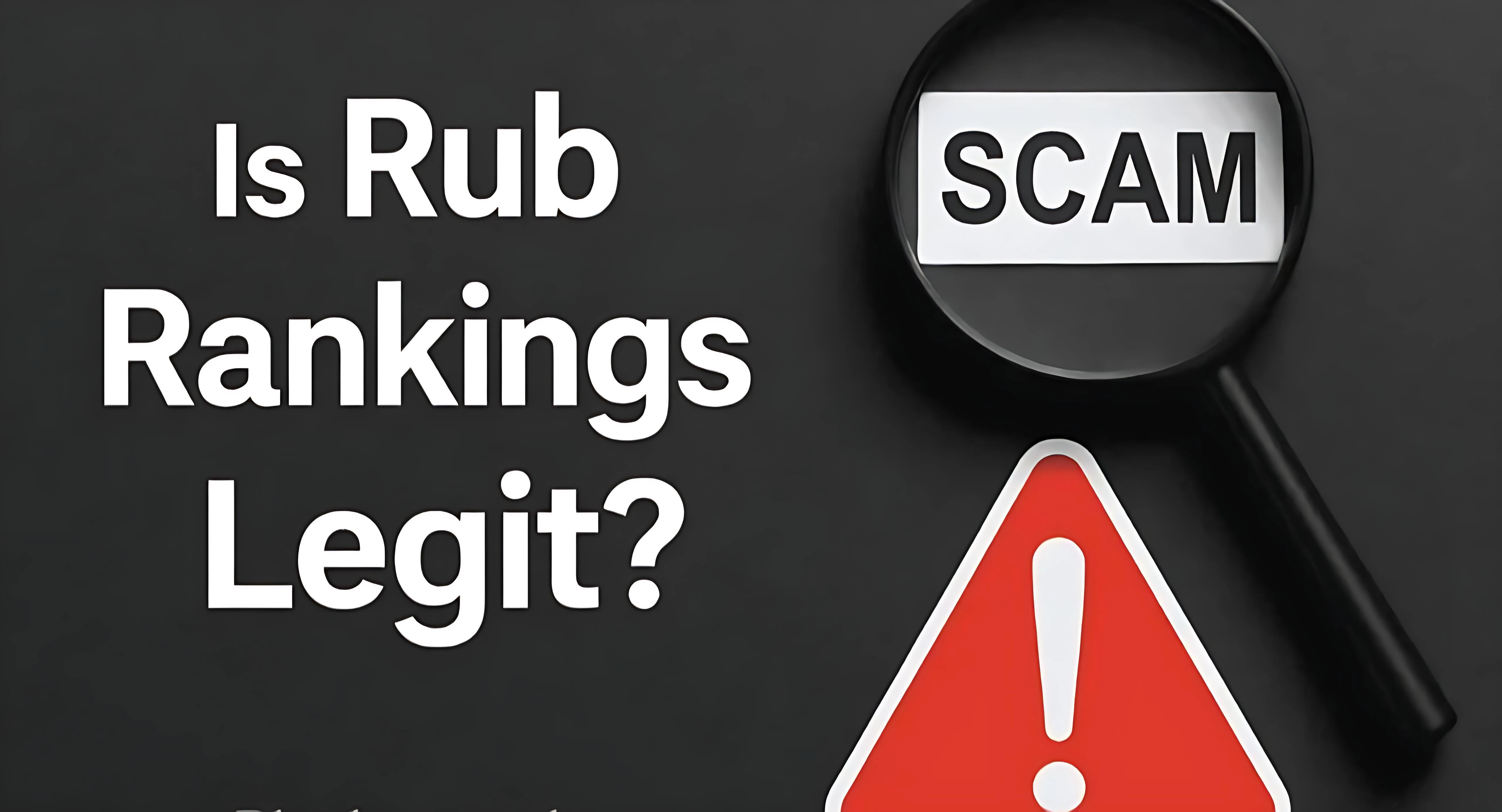Sleep is a cornerstone of good health, yet many individuals find themselves trapped in a cycle of sleepless nights and anxious days. If you’re reading this, chances are you or someone you know is among the 35% of adults who report getting less than the recommended seven hours of sleep per night, as stated by the Centers for Disease Control and Prevention (CDC).
This chronic lack of sleep can lead to serious health problems, including heightened anxiety levels. Approximately 19% of adults in the United States experience anxiety disorders, often exacerbated by poor sleep.
The struggle with sleep deficiencies and anxiety can feel overwhelming. Tossing and turning at night while worrying about the day ahead can create a vicious cycle that leaves you feeling drained and irritable.
You might have tried various remedies—sleeping pills, herbal teas, meditation—but nothing seems to work effectively. This is where magnesium comes into play.
Magnesium is a mineral that plays a critical role in regulating various bodily functions, including those that affect sleep and mental well-being. With numerous magnesium supplements available on the market, you may be wondering: Which magnesium is best for sleep and anxiety?
This guide will look into the effectiveness of different types of magnesium supplements, their benefits, and how they can help improve your sleep quality and reduce anxiety.
The Importance of Magnesium:
Why is magnesium impprtant?
Magnesium is vital for over 300 biochemical reactions in the body. It supports muscle function, nerve function, blood pressure regulation, and energy production. Despite its importance, many people do not consume enough magnesium through their diets. The National Institutes of Health (NIH) reports that about 50% of Americans do not meet their daily magnesium intake recommendations.
Low magnesium levels can contribute to various health issues, including anxiety and insomnia. Studies have shown that magnesium deficiency is linked to increased levels of stress hormones like cortisol. This connection highlights why understanding which magnesium is best for sleep and anxiety is crucial for many seeking relief from these common issues.
Types of Magnesium Supplements:
When considering which magnesium is best for sleep and anxiety, it’s essential to understand the different forms available:
1. Magnesium Glycinate
- Description: A chelated form of magnesium bound to the amino acid glycine.
- Benefits: Known for its high absorption rate and gentle effect on the digestive system. It promotes relaxation and reduces anxiety.
- Best For: Individuals with sensitive stomachs or those seeking to enhance relaxation without digestive discomfort.
2. Magnesium Citrate
- Description: A combination of magnesium and citric acid.
- Benefits: Highly absorbable; it aids in muscle relaxation and provides calming effects beneficial for sleep.
- Best For: Those looking for a supplement that can help with both anxiety and sleep quality.
3. Magnesium Chloride
- Description: A form that dissolves easily in water.
- Benefits: Has a calming effect on the nervous system; it helps relax the body.
- Best For: Individuals who prefer a liquid form or those seeking rapid absorption.
4. Magnesium Taurate
- Description: A combination of magnesium and taurine.
- Benefits: Known for its potential heart health benefits while also promoting relaxation.
- Best For: Those looking for a supplement that supports both cardiovascular health and anxiety relief.
5. Magnesium Malate
- Description: A compound formed from malic acid and magnesium.
- Benefits: May help with muscle pain while also providing energy support.
- Best For: Individuals who experience muscle tension along with sleep issues.
How Magnesium Affects Sleep
Research suggests that adequate magnesium levels can significantly improve sleep quality. Here’s how:
Melatonin Production
Magnesium facilitates melatonin production, which helps maintain circadian rhythms essential for restful sleep.
Cortisol Reduction
It may lower cortisol levels, reducing stress and promoting relaxation—two critical factors in achieving quality sleep.
Neurotransmitter Regulation
Magnesium regulates neurotransmitters like GABA (gamma-aminobutyric acid), which plays a key role in calming the brain.
Recommended Dosages
Determining the right dosage of magnesium depends on individual needs and specific health conditions. Generally, adults should aim for a daily intake of about 310–420 mg of magnesium from all sources (dietary plus supplements). It's advisable to start with lower doses (around 100–200 mg) when beginning supplementation to assess tolerance.
Choosing the Right Supplement
When selecting a magnesium supplement for sleep and anxiety, consider these factors:
Formulation
Look for supplements that combine different forms of magnesium for optimal absorption.
Additives
Choose products free from unnecessary fillers or artificial ingredients.
Third-party Testing
Opt for brands that undergo third-party testing to ensure quality and efficacy.
Top Recommendations
- MindBodyGreen Sleep Support+
- Contains magnesium bisglycinate along with jujube fruit and PharmaGABA.
- Designed specifically to improve sleep quality.
- Natural Vitality Calm Sleep Magnesium Glycinate Capsules
- Includes melatonin along with magnesium glycinate for enhanced relaxation effects.
- Nutrition Geeks Magnesium Glycinate 3-in-1
- Combines glycinate with citrate and malate for comprehensive support against anxiety and muscle tension.
Real User Experiences:
Many individuals have reported significant improvements in their sleep quality after incorporating magnesium into their routines. For instance, Sarah, a 32-year-old marketing professional, struggled with insomnia due to work-related stress. After trying magnesium glycinate, she noticed she was falling asleep faster and waking up feeling more refreshed. Similarly, John, a 45-year-old father of three, found that taking magnesium citrate helped him manage his anxiety levels during busy workweeks while improving his overall mood.
These testimonials highlight how finding the right type of magnesium can lead to meaningful changes in one's quality of life.
Conclusion:
In summary, if you're asking yourself, "Which magnesium is best for sleep and anxiety?" research indicates that forms like magnesium glycinate are among the top choices due to their high absorption rates and calming properties. With approximately 35% of adults suffering from inadequate sleep and nearly 19% facing anxiety disorders, incorporating an appropriate magnesium supplement could be a beneficial strategy for improving overall well-being.
Remember to consult a healthcare professional before starting any new supplement regimen, especially if you have underlying health conditions or are taking other medications. By understanding your options and choosing wisely, you can harness the power of magnesium to support better sleep and reduce anxiety effectively.








![What is The Expat Loans in Saudi Arabia:? [A Comprehensive Guide 2025]](https://humanonline.org//uploads/articles/image_1745306071.webp)